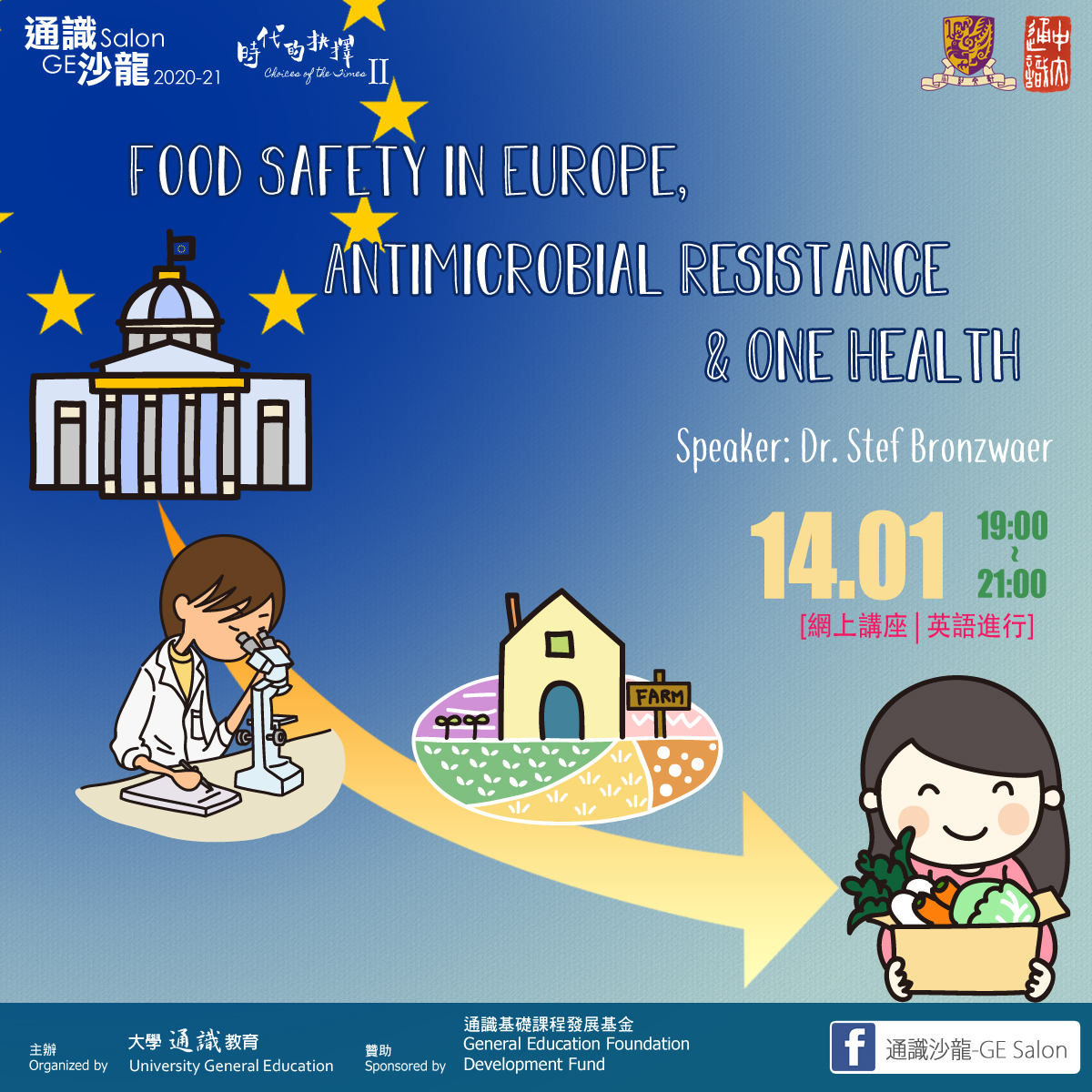Food Safety in Europe, Antimicrobial Resistance & One Health
Language: In English
Speaker: Stef BRONZWAER
Moderator: Klaus COLANERO
Video: Video Recording
Synopsis
Is Food really Safe in the EU, and do consumers perceive it to be Safe?
The outbreaks of SARS and avian influenza, antimicrobial resistance and Bovine Spon-giform Encephalopathy (BSE) highlighted the need to mitigate emerging health risks using a One Health approach, as these are multifactorial diseases involving different disciplines and thus different perspectives.
During the 21st century, challenging global health threats have emerged, linked to zoonotic and (re)emerging infectious diseases (e.g. COVID-19, Ebola, MERS), climate change and environmental sustainability. These health threats are complex and cannot be solved by one sector alone. A comprehensive strategy and transdisciplinary collaboration on all aspects of health for people, animals and the environment is required, also referred to as the One Health approach.
Speaker(s)
Stef Bronzwaer graduated as a medical doctor at the University of Amsterdam (NL). Later he completed his International Master of Public Health, and his PhD in Medical Sciences at the University of Groningen (NL). As a medical doctor he worked shortly in a slum-area near Manila (the Philippines), and in 1997 he moved to the Istituto Superiore di Sanità in Rome (IT), as project manager of an EU-project on communicable diseases. From 1998 to 2002 he worked in the National Institute for Public Health and the Environment (RIVM) in the Netherlands, where he helped establish the European Antimicrobial Resistance Surveillance System (EARSS). From 2002 to 2005 he worked at the European Commission in Luxembourg, where he was responsible for the proper functioning and coherence of a number of European surveillance networks on communicable diseases. Since February 2006, he has worked at the European Food Safety Authority (EFSA), currently as Research Coordinator, informing research agendas and promoting EFSA’s and national food safety research priorities. He facilitates access to research programmes by sharing information on calls and funding opportunities and coordinates EFSA’s research involvement.


